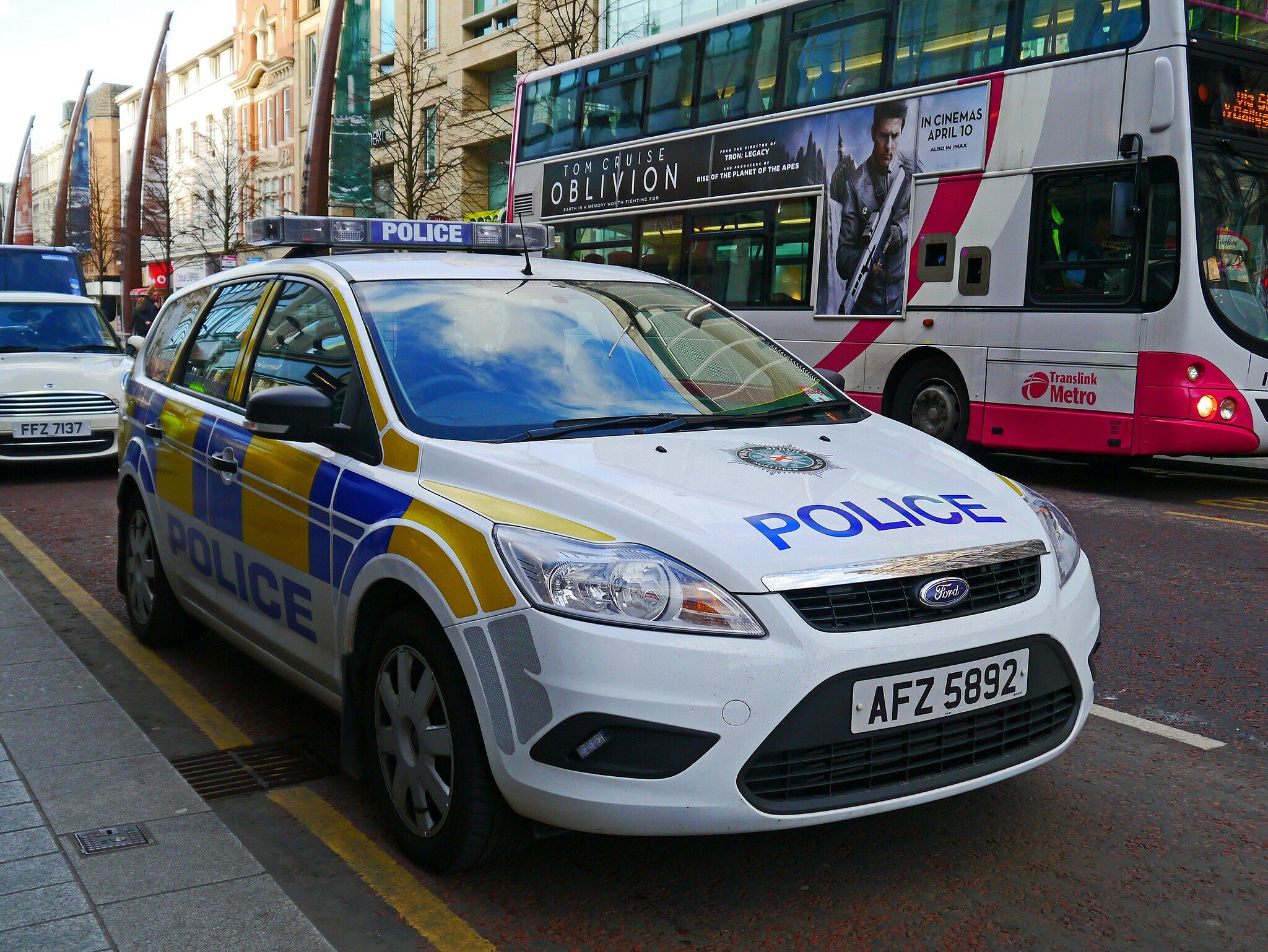A recent investigation by the BBC has revealed over 150 reports of police officers misusing body cameras in England and Wales.
While a substantial number of incidents involve police turning off their cameras or deleting footage of themselves being violent, other cases involve police officers sharing images of vulnerable people amongst themselves on social media.
On a number of instances the police have withheld or failed to disclose body camera footage during investigations involving police violence.
One case involved two siblings who were falsely accused of assaulting and verbally abusing police officers at a Black Lives Matter protest in London.
Body camera footage from police involved showed the contrary, with police using “enormous” force. The same story has been replicated in forces across England and Wales, as police forces have refused to release potentially incriminating body camera footage, on the grounds that it would not provide “any tangible benefit to the public”.
All this comes at the same time as the police ombudsman recommends that all PSNI armed response officers should be provided with head mounted cameras. Having a distinct “armed response unit” is of course interesting for a force which carries pistols as standard.
In the north of Ireland the PSNI have had body cameras since 2016, though these are not issued as standard to every officer. While there was some reduction in the number of complaints following this point, a number of allegations against the force have been made.
For example, the case where two PSNI officers allegedly posed and photographed the body of a victim of suicide, and subsequently posted photos accompanied with anti-Catholic sectarian slurs.
Similarly, in 2020 a police officer did not inform a solicitor that she was recording in a private space in his office with sensitive legal information, until the solicitor noticed the red flashing light. The police officer maintained that it “had slipped her mind”, and consequently faced no disciplinary action.
The issues of accountability are clear and are ongoing. During the recent Belfast half-marathon a confrontation ensued involving the PSNI and event security with Father Tim Bartlett of St Mary’s Chapel in relation to an alleged broken agreement which resulted in parishioners being obstructed from attending services.
Father Bartlett said that the behaviour of the PSNI, “ranged from confused, to half-hearted to downright aggressive”. In response to suggestions that Father Bartlett engage with the PSNI regarding their behaviour, he said:
I don’t trust the PSNI and I would encourage anyone who engages with them to be very careful to make sure you have someone who can witness anything you are saying or doing
Given the treatment that solicitors and members of the clergy have been subject to, what sort of treatment could be expected for the teenagers of Derry or Belfast? What then is solution if we cannot trust the PSNI?
It is simple. FTPSNI. Film the PSNI. If the people of the six counties cannot trust the PSNI to be held to account, the responsibility is on the people themselves.
Any member of the public can film the police in a public space. Police may invoke Section 58A of the Terrorism Act (2000), a piece of legislation reserved for when it is suspected that the photos could be used for terrorism. However, as per police guidance, “it would ordinarily be unlawful to use Section 58A to arrest people photographing police officers in the course of normal policing activities, including protests.”
If someone is to film the police during potential instances of abuse or violence there is some good practice:
- Clearly record the number of the officer.
- Focus clearly on the actions of the police.
- Film something identifiable in the area so as to locate where the incident took place, so as to avoid dismissal on the grounds that it was another incident.
- Do not unnecessarily show or identify the potential victim, as it may in turn be used as evidence against them.
Police may, and do, turn their attention towards someone trying to hold them to account by filming them, so it is important to remain calm and know your rights.

